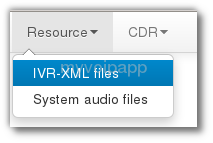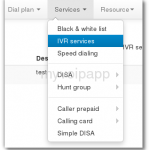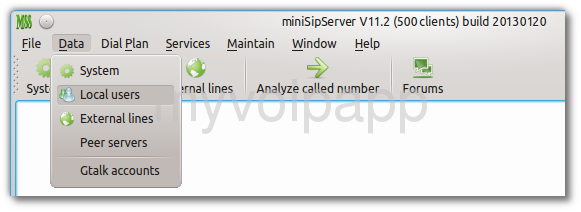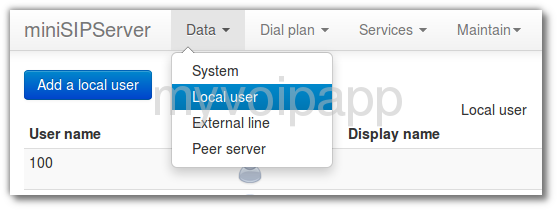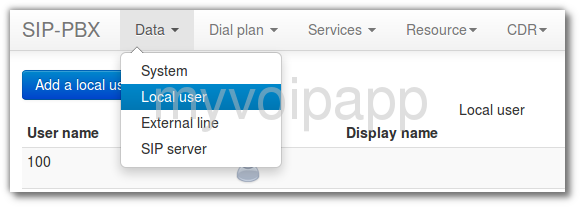As you may know, we can implement service logic by using Python script. It is very flexible to fit all kinds of customers’ requirements.
For example, MSS’ calling card service is written in Python script. In some fields, some customers require some different service logic,such as playing audio or not, prompt this or that, and so on. We can update python script file according to their requirement without any modification to MSS core.
But something is not so flexible. For example, the trigger of calling card is fixed in MSS core with previous versions. That means you can only trigger calling card service with called number ‘*300*’ of incoming calls. Some customers don’t like this number, some others want to support more called number to trigger calling card service.
With V10.4 released, we can configure different trigger for python services. In fact, we can trigger a python service according to their dial-plan and destination number in incoming calls. So everything is perfect now! Customers can implement their own service logic, they can trigger their services according to their real requirement. You don’t like ‘*300*’? no problem, just need configure another record!
For more details, please refer to manual document:
http://www.myvoipapp.com/docs/mss_services/manual/index.html#python_services
